Climate Change Knowledge Hub
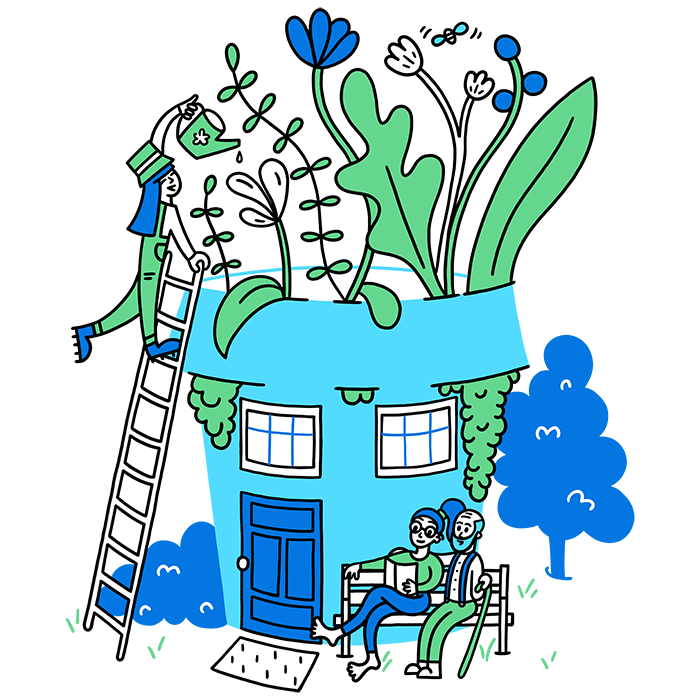
Climate change is one of the biggest issues of our time, but the effects of climate change can affect people differently depending on their social status. Here is a mapping of the gender and equality perspectives to take into account when working towards becoming a carbon neutral society.
About the project
In order for actions taken concerning environmental and climate issues to be successful and contribute to equality, equal opportunities and social justice, it is important that public policy and decision-making take into account the different status of people within society. The Knowledge Hub is the result of research that received funding from the Student Innovation Fund in 2022 and was prepared in collaboration with the Reykjavík City Office of Human Rights & Democracy, Reykjavík City Department of Environment & Planning, and the Gender Studies program at the Faculty of Political Science at the University of Iceland. The project aimed at mapping gender and equality perspectives that need to be considered concurrently with the development of Reykjavík City towards carbon neutrality. Hopefully the Knowledge Hub will also be useful to other municipalities, authorities and institutions in their journey to a just transition in environmental and climate issues.
The report A Just and Fair Transition to Carbon Neutrality
The basis of the Knowledge Hub is a study and report prepared by Brynhildur Hallgrímsdóttir in the summer of 2022. The report provides details of the study, methodology and results, as well as sources cited.
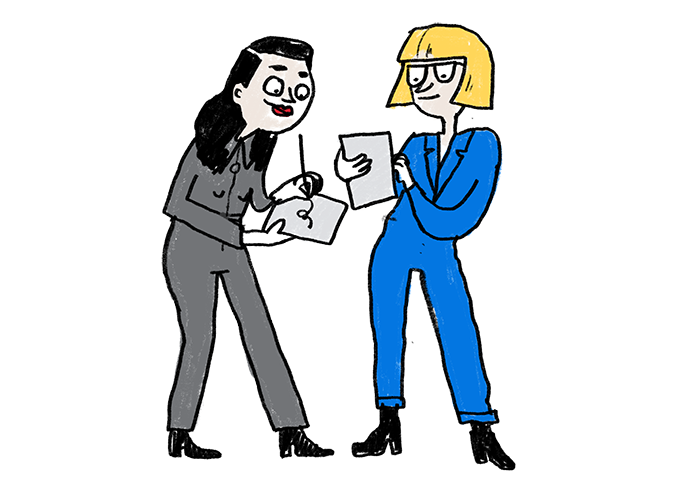
Habits and behavior
Policies that involve increasing the responsibility of individuals to change their behavior will have different impacts on different social groups. According to research and surveys, women are more likely to change their behavior, willing to sacrifice and spend more for the sake of the environment than men.
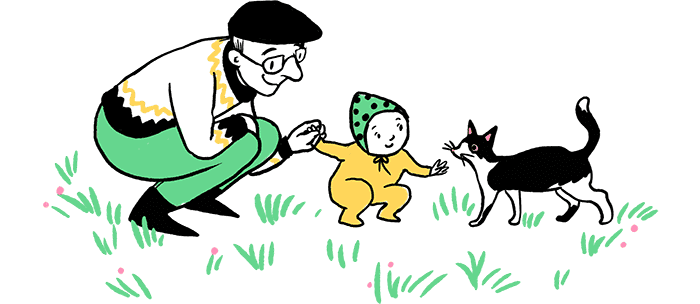
Transportation
People's modes and patterns of transportation vary according to the social group they belong to. Most of the available studies cover the different modes and patterns of men and women. Icelandic studies show that the gender distribution of people traveling by public transport is rather equal, while foreign studies suggest that women travel much more by public transport.
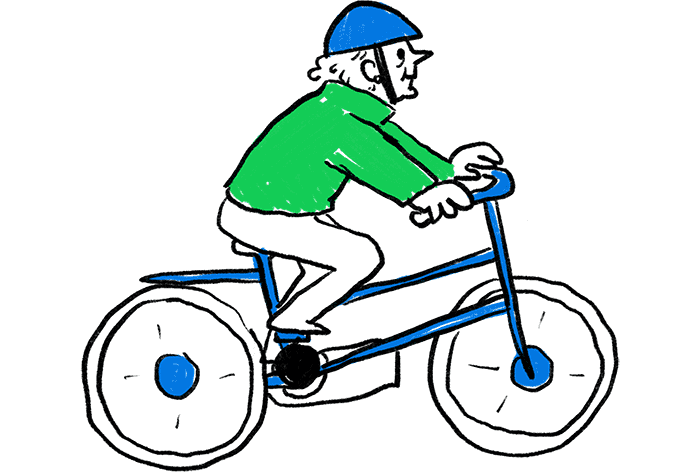
Values and policy development
The Government of Iceland and municipalities place great emphasis on transportation, agriculture, infrastructure investment, changes in people's consumption habits and innovation in the green transition. These are usually professions and sectors where men are in majority.
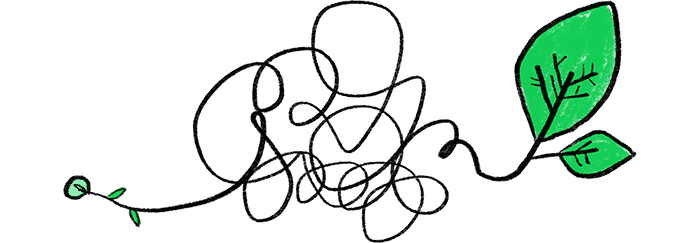
Economy
A lot of work and attention must be devoted to job transitions due to environmental and climate issues. The definition of green jobs needs to be expanded so that certain groups do not lose their jobs and inequality does not increase . The emphasis on technology development, science, infrastructure, forestry and agriculture is masculine in nature and it is likely that other groups will have difficulty getting into such jobs if systemic change is not addressed.

Natural disasters
There is little research on the impact of natural disasters on different groups of people in Western societies, and even less in the Nordic countries. However, research suggest that older people, poor people, children and people with disabilities fare worse in natural disasters, and these groups often find it more difficult to adapt to society after a natural disaster occurs.
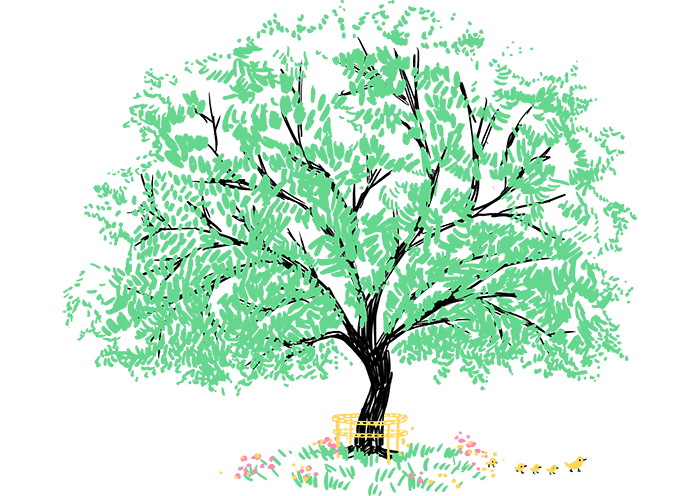
Further information
The person responsible for this page is the project manager for gender budgeting at Reykjavík City.
- Email: mannrettindi@reykjavik.is
- Telephone: 411 4156